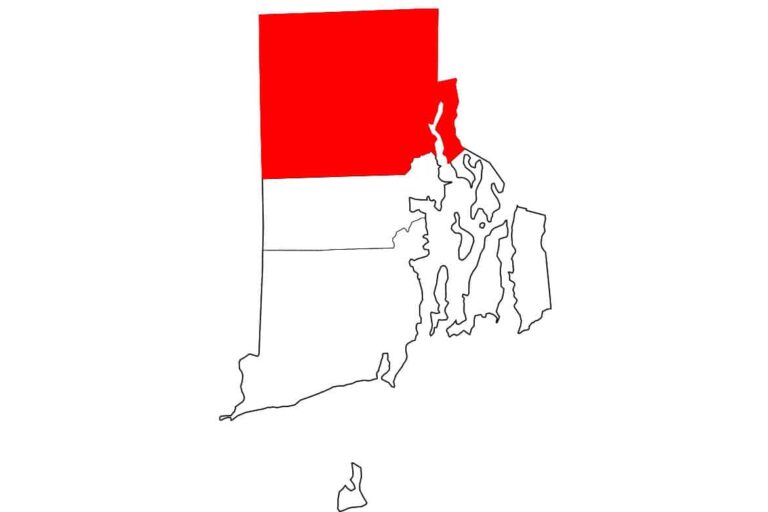
More than 2 million copies of the book Boundaries, written by Drs. John Townsend and Henry Cloud, have been sold. In this popular book, the authors discuss how to take responsibility for one’s life by using boundaries. Having this well-known expert speak to the attendees of the 68th AAEP Annual Convention in San Antonio was exciting. In our profession, equine veterinarians are often working 24/7/365 with few to no boundaries. While Dr. Townsend’s presentation would have benefited from some visuals for the audience to engage with, the content was full of insights.
Dr. Townsend began with defining passion as “some endeavor that allows you to lose time.” In other words, your passion is something in which you become so immersed that you don’t notice time is passing. Because equine veterinary medicine requires both great passion and great sacrifice, having self-advocacy that creates space both for you AND your career is essential, he said. “Giving from an empty cup leads to loss of passion,” he opined. Because self-care preserves the self, it can help you maintain your passion. It is NOT selfish, he insisted.
How Equine Veterinarians Can Maintain Boundaries
A big part of self-care is maintaining boundaries, Dr. Townsend stated. “Boundaries are a property line, and a way of owning what’s inside your life and your heart.” He asked the audience to a great show of hands, “Have you ever taken responsibility for the happiness of a miserable person?” Continuing, he said, “It can’t be done!” Many in the audience nodded in recognition of this truth from personal experience. It is important to protect yourself by learning to say “no,” which is something nearly everyone struggles with. There are good reasons for why our work makes saying “no” difficult. Many veterinarians have financial concerns and fear the consequences of disappointing a client or a boss. But without some parity between our resources (energy, time, support, kindness, money) and our responsibilities, the risk of burnout rises sharply.
Having strong boundaries is hard in part because, unfortunately, some horse owners are needy. They inhabit a culture of entitlement where they feel special and believe their needs come first, deserving the best without earning or deserving it, the speaker continued. In the small world of horses, word of client dissatisfaction can travel fast. Some veterinarians are “people pleasers.” They are kind but have a fear of conflict, Dr. Townsend said. Some develop high anxiety with catastrophic thinking about finances and the future because they have exerted no control over their lives. However, he continued, “There are solutions, starting with a mindset and moving toward strength and clarity.”
Task Priorities Page
The speaker then outlined four tools to gain strength and clarity in boundaries. First, he recommended creating a Task Priorities Page with four categories to help shape your time. The categories are Must Do & Time Fixed (e.g., daughter’s ballet recital); Must Do & Time Flexible (e.g., dinner with the family “x” nights/month); Important but Not a Must Do (e.g., Continuing Education); and Would Be Nice (e.g., Netflix binge). Each of your tasks should be assigned to one of these categories.
Visual Monthly Calendar
The second tool Dr. Townsend recommended was a Visual Monthly Calendar. In this calendar, you can schedule your work hours, self-care, relationship care, parenting, community service, and recreation in advance. As the speaker said, “If it’s not on the calendar, it probably won’t happen.” Additionally, with your priorities in writing and scheduled, the “no” response becomes “Sorry, I’m not available” or “That doesn’t work for me.”
Ground Rules for Client Accessibility
Thirdly, the speaker stated that setting Ground Rules for Client Accessibility in writing was critical. These rules would include when you are reachable and when you are not, and what options you will provide when you are not available. Importantly, give yourself personal margins for the times you will make exceptions to your rules. “While your rules will be in writing, you should say them to your client out loud, in a warm direct way, not with a policy paper,” he recommended.
Strengthen Your Mental State
The last tool asks you to Strengthen Your Mental State by learning to be warm, professional, and firm, while detaching from the need to be liked by the person to whom you’re speaking, said Dr. Townsend. It is necessary to budget financially and emotionally for the possibility of losing a client, he added. He suggested asking yourself: “What’s my limit? What can I tolerate? Am I indispensable?” Understanding that no one is indispensable, whether veterinarian, staff member, or client, is imperative, he said. By figuring out how far you’ll go (“Will you rob a bank? Break the law?”) you can begin to realize where you will draw the line, he said. He then recommended removing the toxic employees that you believe are indispensable, and projects that you will say “Why didn’t I do that sooner!”
Find Support
In closing, Dr. Townsend urged listeners to have at least three supportive people (they cannot be your employees, he warned) with whom they can be vulnerable, and who will feed their spirit with support, affirmation, and helpful suggestions. He suggested taking action steps within seven days to start on a new path.









